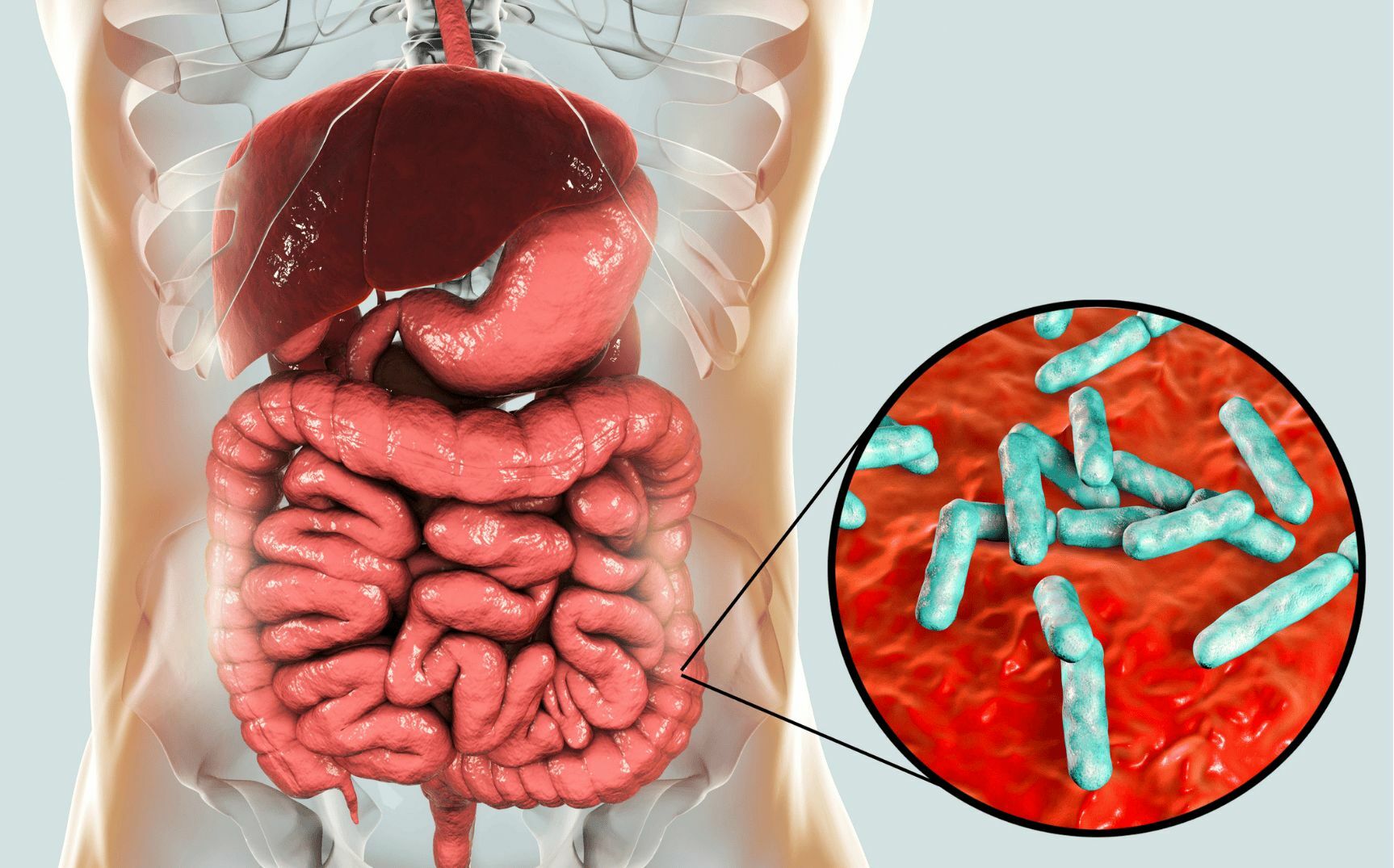The Role of Gut Health in Longevity
By Sarah's Village

The quest for longevity often focuses on diet, exercise, and stress management, but one vital player is gaining attention: gut health. The trillions of microorganisms in our digestive system, collectively known as the gut microbiome, play a crucial role in overall health and aging. Emerging research reveals how a diverse and balanced gut microbiome can enhance immunity, prevent chronic diseases, and support healthy aging.
The Gut Microbiome: A Hidden Powerhouse
The gut microbiome is a complex ecosystem of bacteria, fungi, and viruses residing in the gastrointestinal tract. These microorganisms are not just passive inhabitants; they actively influence digestion, nutrient absorption, hormone production, and immune function. A healthy microbiome is diverse, with a wide variety of beneficial bacteria working together to maintain balance.
Gut Health and Aging
As we age, the diversity and composition of our gut microbiome tend to decline, which can lead to:
-
Weakened Immunity: A less diverse microbiome impacts the immune system, making the body more susceptible to infections and inflammation.
-
Chronic Inflammation: Known as "inflammaging," chronic low-grade inflammation contributes to age-related diseases like arthritis, diabetes, and cardiovascular issues.
-
Digestive Issues: Reduced gut health can cause problems like bloating, constipation, and nutrient malabsorption.
The Gut-Immune Connection
Approximately 70% of the immune system resides in the gut. Beneficial gut bacteria help regulate immune responses, reducing inflammation and defending against harmful pathogens. A robust microbiome supports a balanced immune system, crucial for longevity and overall health.
Gut Health and Chronic Disease Prevention
A healthy gut microbiome has been linked to a lower risk of chronic diseases, including:
-
Cardiovascular Disease: Certain gut bacteria produce compounds that reduce cholesterol and inflammation.
-
Diabetes: A balanced microbiome helps regulate blood sugar levels and insulin sensitivity.
-
Neurodegenerative Diseases: The gut-brain axis connects the digestive system to the brain, influencing mental health and potentially reducing the risk of conditions like Alzheimer’s.
How to Support a Healthy Gut Microbiome
-
Eat a Fiber-Rich Diet: Fiber is the primary fuel for beneficial gut bacteria. Include fruits, vegetables, whole grains, legumes, and nuts in your meals.
-
Incorporate Fermented Foods: Yogurt, kefir, sauerkraut, kimchi, and miso introduce probiotics—live beneficial bacteria—to your gut.
-
Avoid Overuse of Antibiotics: While sometimes necessary, antibiotics can disrupt gut balance. Use them responsibly and focus on rebuilding your microbiome afterward.
-
Stay Hydrated: Proper hydration supports digestion and nutrient absorption, aiding gut health.
-
Manage Stress: Chronic stress negatively impacts gut bacteria. Practices like meditation, yoga, and deep breathing can help.
-
Consider Prebiotics and Probiotics: Prebiotics (found in foods like garlic, onions, and bananas) feed good bacteria, while probiotics introduce live bacteria to your gut. Supplements can also help when dietary sources are insufficient.
The Future of Gut Health and Longevity
The link between gut health and longevity is a growing area of research. Scientists are exploring personalized microbiome therapies, such as tailored probiotics and fecal microbiota transplants, to optimize gut health and combat aging. These advancements hold promise for extending both lifespan and healthspan.
Your gut microbiome is a key player in the journey to longevity. By prioritizing a diverse and balanced microbiome, you can enhance immunity, reduce the risk of chronic diseases, and support healthy aging. Start nourishing your gut today for a healthier, longer tomorrow.





